Meteor shower to light up UAE skies: Here's where to watch the show
The Epsilon Perseids are expected to peak early Tuesday morning, with stargazers able to see up to eight meteors per hour.
Tamanna Sajeed
Producer, Dubai Desk
Tamanna Sajeed is a Dubai-based journalist who is passionate about local culture and international affairs. She is a multimedia journalist with a special interest in inter-disciplinary feature reporting.
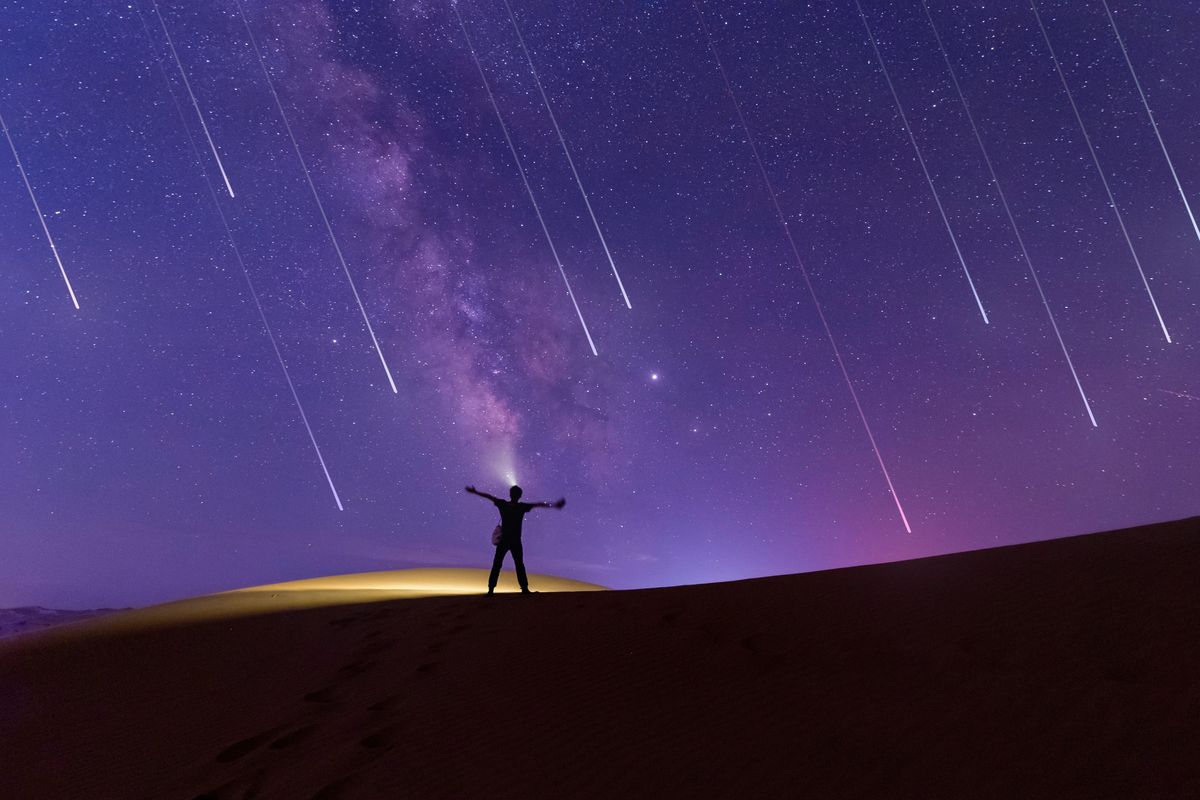
A stargazer enjoys the Perseid meteor shower in the desert.
Photo: Shutterstock
Another meteor shower is about to light up the UAE skies, with the Epsilon Perseids reaching their peak early Tuesday morning. While it might not have the same dazzle as August's Perseids, this September spectacle promises up to eight meteors per hour, visible to the naked eye.
For the best view, stargazers should head to a dark spot away from city lights and enjoy the clear night sky. Prime viewing times will be midnight Monday or the early hours of Tuesday, when the Perseus constellation rises higher.
Here are some of the top free spots to catch the meteor shower:
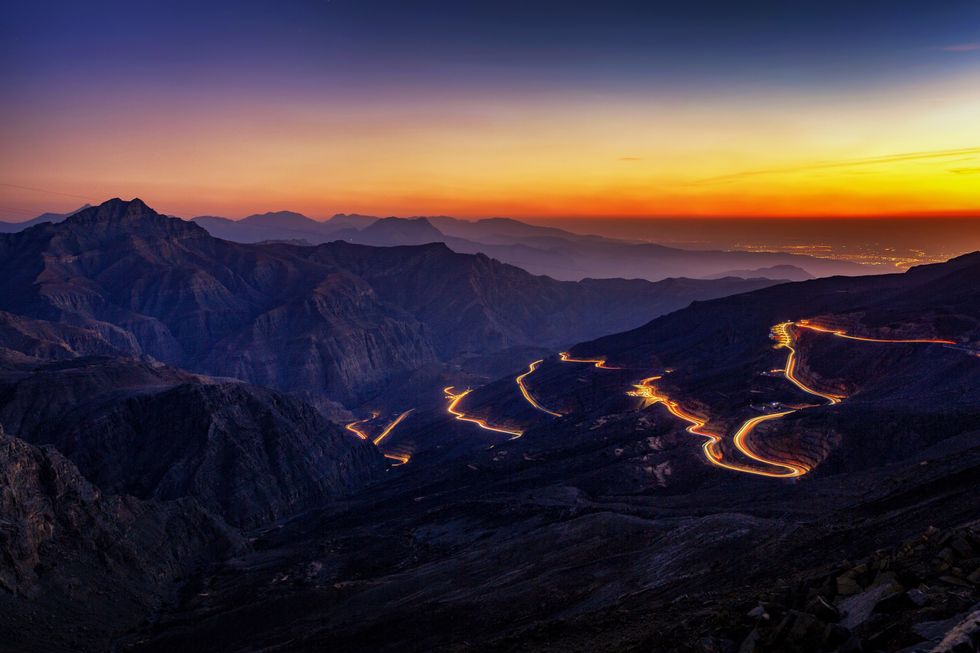
Jebel Jais
The UAE’s tallest mountain, located in Ras Al Khaimah, is a popular spot for stargazers thanks to its its year-round favorable weather. Overnight campers can also catch a spectacular sunrise the following morning. A 4x4 vehicle is recommended for access.
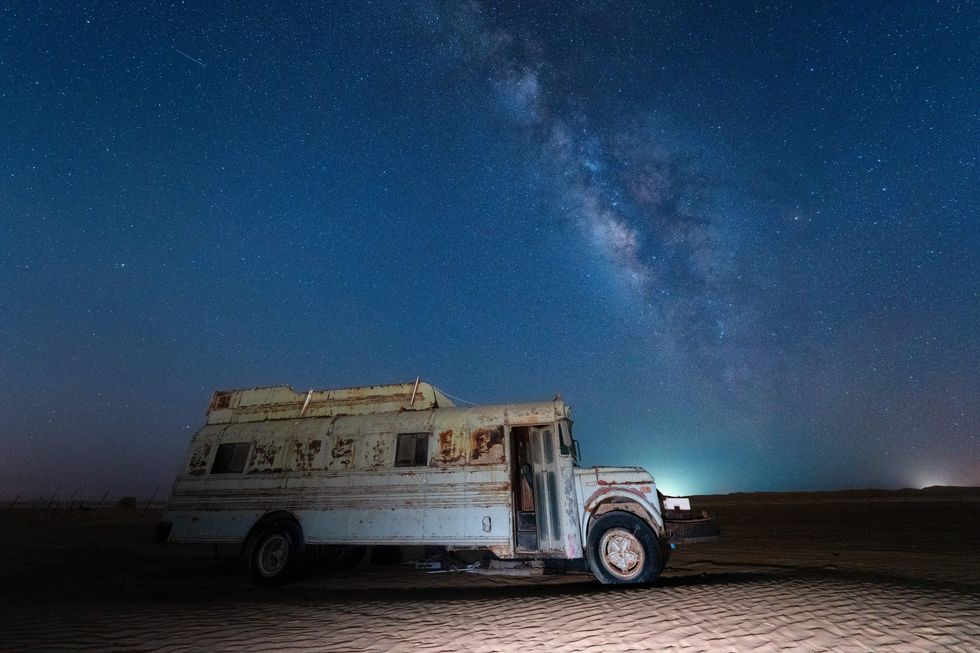
Al Quaa Milky Way spot
Known as the darkest spot in the UAE, this area is about 90 minutes from Abu Dhabi, heading toward Al Ain, and far from city lights. A 4x4 is required due to the lack of proper roads, and desert driving experience is recommended.
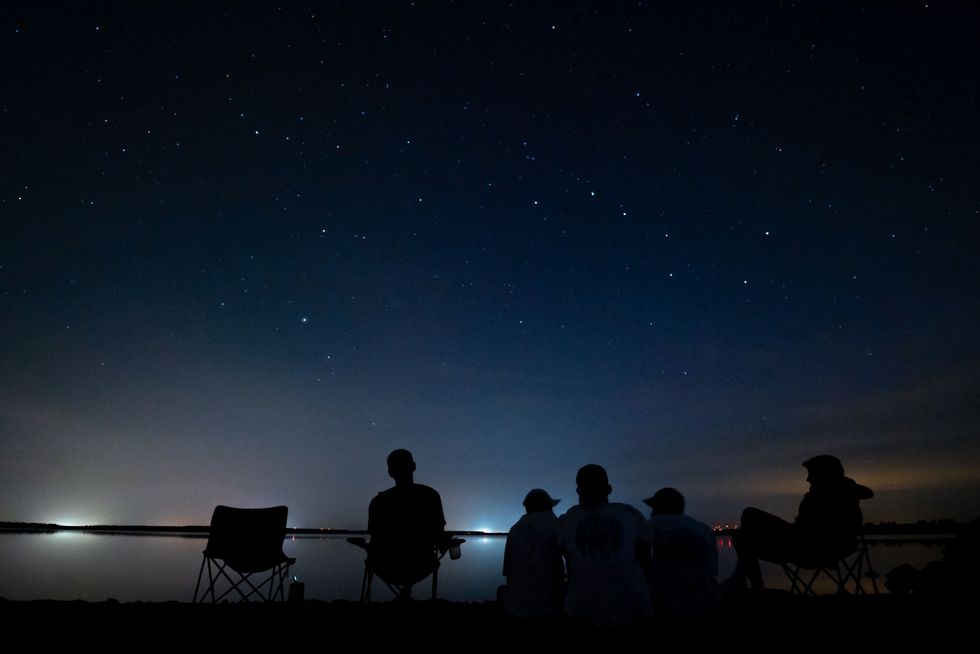
Al Qudra
For those without a 4x4, Al Qudra is your go-to spot, easily reachable by car. While some light pollution is present, venturing further from the main roads can still offer great views. For the best experience, bring a telescope and enjoy the family-friendly facilities, including accessible toilets.
Meteor showers occur when Earth passes through streams of debris left by comets. As these meteorites enter the atmosphere, they burn up and create the stunning streaks of light we know as “shooting stars.”





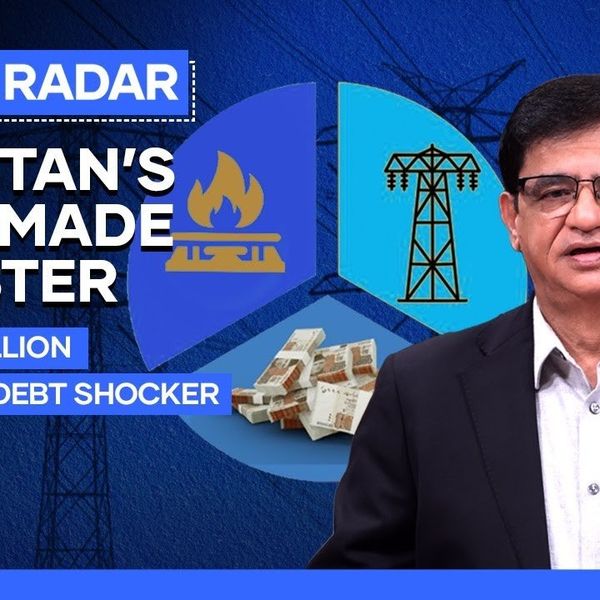



Comments
See what people are discussing